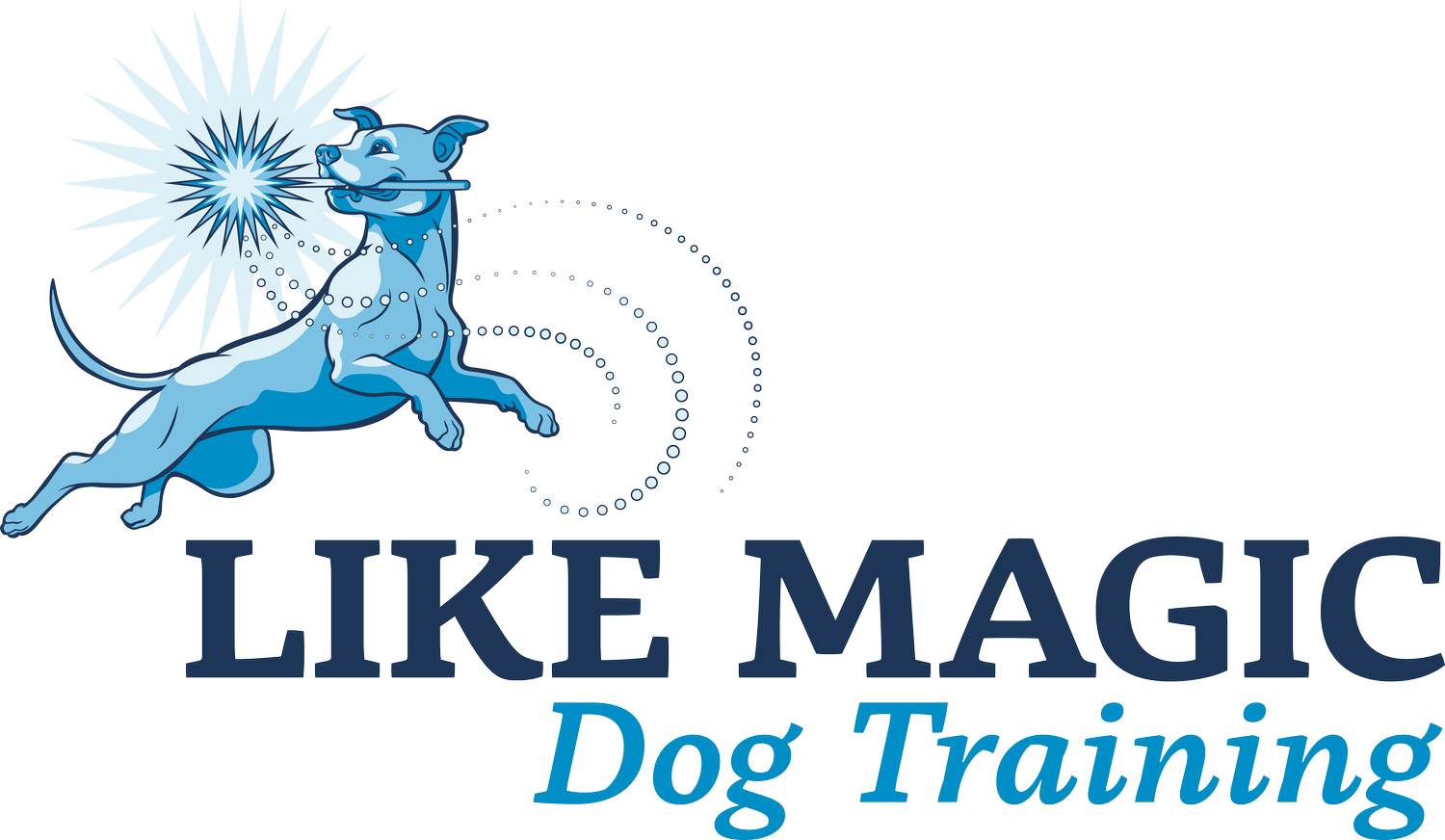End on a Bad Note
My daughter got skates for her birthday. She’s very excited about her growing collection of Things With Wheels that allow her to continue to pursue her eternal quest of keeping up with her brother - so far this list includes the skates, her beloved bike, and her brother’s scooter, which she’d prefer everyone consider to be communal property. Getting on the skates was interesting - I’m not at all well versed in skates, or how they fit over shoes, and we didn’t…exactly go for quality right out the gate. Fit was an ordeal. But there was my girl, decked out in protective gear and shiny blue skates, inching down the sidewalk. She hasn’t gotten too far yet. She shuffles and loses her balance a lot. She’s fallen. Fortunately, her favorite song of the moment is from the movie Trolls, so a gentle reminder that Poppy would Get Back Up Again is usually enough to get her to move along.
Except - maybe sometimes we shouldn’t?
It’s something you hear a lot - since childhood, from family, from teachers and coaches and friends. When you fall, get back up again. Get back on the horse (even when there’s not a horse to be found). Try, try, try again. End on a good note. Which, like all common sayings, can be good advice. In the right context. In the wrong context, it’s what drives perfectionists to anxiety. It’s the cause of frustration and tears and feeling trapped. Endlessly trying for a good moment when things have gone downhill can ruin something that once brought joy. It can stall learning.
* I don’t know why, but every time I hear “Pavlov is always on your shoulder” I picture a parrot on someone’s shoulder. Now you will too. You’re welcome.
Because here’s the thing. Pavlov is always on your shoulder*, right? No matter what you’re doing, what you’re attempting, your mind is forming associations about that task. The more you practice the frustration of not getting your “good note” to end on, the less pleasant your brain decides the entire task is. If you can get back on that difficult-to-perceive horse quick enough, sure, you might get a little boost there, but if you wind up in a cycle of failure searching for your win to end on…you’re probably not going back to that task anytime soon. In a training session, you the trainer may struggle with motivation to keep going. Your dog definitely will. They’re forming associations just as much as you are - if you’re growing more frustrated, that probably shows, and that’s no fun for your dog. In frustration, cues become less clear, tone changes intensity, and everything about your body language will be telling your dog that things are no longer a good, fun time. In addition to that tension, they also may be growing frustrated trying to understand what you want, trying to reach their goal (treats! toys! sniffing!), and not being able to achieve it because we’re chasing our own tail trying to catch that increasingly ephemeral “good moment.”
It’s no good.
Add on to that, if the bad moment is about a bad reaction, we could be compounding the issue. When your dog is already having an emotional reaction, are already in a negative headspace, recreating the situation over and over, or trying to continue with what you are doing, is only making things more challenging for your dog. If your reactive (aggressive, frustrated, fearful, excited, etc.) dog has a reaction, and you continue exposure to potential triggers, now you are attempting to repeat a task they already struggled with at their baseline when they are recovering from a reaction, experiencing heightened arousal and adrenaline, and set up to fail. They practiced an undesirable behavior, and that is frustrating, but be careful not to prime them for another failure in search of a “clickable moment” to end the session on.
End on a good note, if one is easily found. But alternatively - be gentle with yourself and your dog. Give yourself permission to retreat and regroup. Let mistakes have space. Leave, and go back in with a plan. Rest. Recover. End on a bad note, and blaze a comeback trail when you’re ready.
As much as I try to embrace this, I struggle with not ending on a good note, and I certainly don’t stop and take pictures of the bad moments.
I do, however, choose bad moments to take pictures. So here you go.


